How Drinking Water Helps Your Skin: Benefits And Tips
Flavored drinks and juices are okay, but no other liquid can benefit your skin like water!
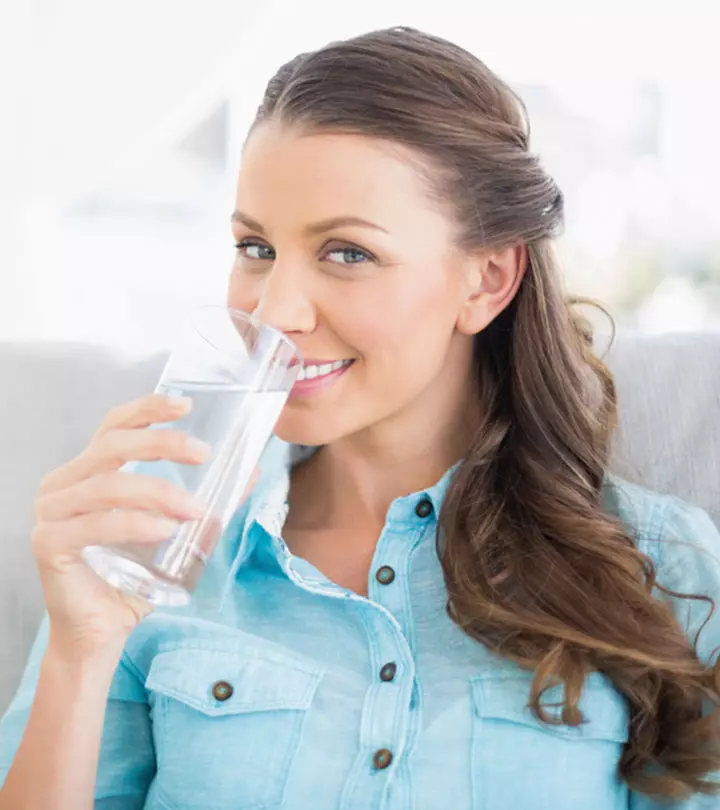
Image: Shutterstock
Did you know that drinking enough water daily may enhance the appearance and texture of your skin? The benefits of drinking water for the skin are numerous. Drinking a sufficient quantity of water daily and staying hydrated is important not only for your skin but also your overall health because it assists digestion and healthy circulation.
What role does water play in keeping your skin looking beautiful and young? How much water should you consume daily? This article will answer all these questions and highlight the benefits of drinking water for your skin. Keep reading to know more!
In This Article
Why Is Drinking Water Good For Your Skin?
Drinking water is essential for the optimal functioning of the body. It helps the nutrients reach the skin through proper blood flow. It also helps cleanse your system and hydrates the body. However, more scientific evidence is needed to demonstrate the relationship between better skin health and drinking water.
The skin is made of cells, and 60% of those contain water. These cells lose water due to sun exposure, pollutants, use of hot water, etc. This causes dry skin, and may accelerate the formation of wrinkles and other signs of aging. The first affordable solution we often practice is drinking more water. Anecdotal evidence suggests that drinking water may make the skin more vibrant, improve its texture, and minimize acne issues.
Here are some beneficial effects drinking water may have on your skin.
1. May Improve The Skin Tone
Drinking water helps flush out the toxins from the body and increases blood flow to the skin (1). Poor blood flow affects the delivery of vital nutrients throughout the body. A radiant complexion needs proper nutrient supply and proper blood circulation. These can be achieved by drinking water.
2. May Improve Skin Elasticity
Skin loses elasticity with age. It needs moisture to boost cell function, which, in turn, can stimulate collagen and elastin. Hence, drinking water may provide enough moisture to the skin. The skin’s cutaneous layer may also receive more moisture with adequate water intake (2). This may enhance skin elasticity and potentially reduce the appearance of fine lines and wrinkles.
3. May Improve Skin Barrier Function
The epidermal layer defends the skin against pathogens. The skin barrier may not function effectively if the water intake is poor. It may also lead to water loss from the body and cause dehydration. Hence, drinking enough water may improve the barrier function and keep your skin healthy.
4. May Hydrate The Skin
Drinking adequate amounts of water prevents dry skin and improves skin function. It also may improve skin thickness and density (3). One of the main causes of dehydrated skin is lack of water, and it often leads to skin issues like eczema, flakiness, and other allergies. Drink enough water as you follow your regular skincare regimen.
5. May Soften The Skin
Proper hydration may improve skin texture. The enzymes and other components in the skin require a fluid-like environment for better functioning. The water-binding capacity of the stratum corneum (the outermost layer of the epidermis) may improve with dietary intake of natural mineral water (4). This may make the skin softer, smoother, moisturized, and prevent cracks.
6. May Help Maintain The Skin’s pH Balance
The skin is acidic with a pH value of 4 to 6.5 (5). It forms a barrier against pollutants and microbial overgrowth when its pH (a scale to define acidity and basicity of a solution) is balanced (6). Enough water content in the body helps maintain the pH balance of the skin.
7. May Help Prevent Acne
Dehydrated skin may result in excess oil production and acne. High water content and low sebum secretion are considered crucial for healthy skin (7). Sebum is the oily, waxy substance produced by sebaceous glands. Hydrated skin balances the oil and water content. It prevents sebum secretion and keeps the pores from getting clogged. Hence, adequate water intake may prevent acne.
8. May Accelerate Wound Healing
A moist environment reduces the time required for wound healing. Hence, hydrated skin may heal faster from external injuries and have a lesser chance of getting inflamed (8). Enough moisture on skin may also prevent scars – which can be achieved by drinking enough water.
It is clear that drinking water may benefit skin health. But how much water should you drink every day? Let us find out in the following section.
Key Takeaways
- Drinking water is necessary for the body’s healthy functioning and aids in delivering nutrients to the skin.
- It also moisturizes the body and aids in the cleansing of the system.
- Anecdotal data suggests that drinking water can improve the skin’s appearance and reduce acne.
- Experts recommend that men and women between 19 to 30 should consume 3.7 and 2.7 liters of water per day.
- You should also take water-rich fruits, vegetables, and other detox drinks for total hydration.
How Much Water Should You Drink?
The amount of water you should drink in a day depends on your level of physical activity and environment (9). However, according to experts, men and women between 19 and 30 years of age should drink 3.7 liters and 2.7 liters of water per day, respectively. You need to drink more if you sweat a lot, live in a hot climate, and indulge in heavy physical activity.
However, drinking more water than required can lead to hyperhydration (9). It occurs when the water intake is more than what the kidneys can flush out. Know how much your body needs and drink accordingly.
A beauty blogger posted a detailed note about her experience with increasing water consumption and how it impacted her skin. She admits to having been addicted to Cola with a reduced water consumption. She wrote, “I made sure water was the first thing to hit my stomach everyday to flush out my system, and then ensured I drank at least 2Litres of water per day. A week after I started doing this, I began to breakout like no other, like it was so bad. I decided to do some research and found this to be normal, as it was just the toxins leaving my system (i).”
Your body needs to be hydrated. But drinking regular mineral water alone won’t do. How else can you add more water to your diet?
 Quick tip
Quick tipHow To Add More Water To Your Diet?
1. Fruits And Vegetables
Add fruits and vegetables with more than 80% water content to your diet. These include cucumber, tomato, spinach, watermelon, orange, apple, celery, zucchini, etc. These will keep you hydrated and also provide other nutrients required for the body (10).
2. Detox Drinks
Detox water helps flush out toxins from the body and offers hydration. It may also help improve skin health as the toxins will be expelled from the body. Some of the best detox drinks that may help your skin include:
a) Lemon And Honey Water
Drinking water mixed with lemon and honey may help expel toxins from the body. The antioxidant properties of lemon and the antimicrobial properties of honey may reduce skin damage and give you a fresher appearance (11), (12).
b) Turmeric Water/Milk
Turmeric is among the best antioxidant, antibacterial and anti-inflammatory herbs for the skin (13). Its anti-inflammatory properties may help prevent acne and skin infections. You can add turmeric to water or milk and drink it every day.
c) Tulsi Water
Adding tulsi to drinking water may also help improve skin health. Tulsi has the potential to fight skin diseases and boost wound healing with its antibacterial and analgesic (pain-relieving) properties (14).
 Quick tip
Quick tipWhat Kind Of Water Is Good For Your Skin?
It is recommended to drink lukewarm or hot water. Be sure the water does not burn the tongue. Avoid extremely hot water for bathing or washing the face as it may damage the skin. Lukewarm water is gentle on the skin.
While drinking lukewarm water is recommended, a 2023 survey comprising 10430 US adults indicates that 53% prefer drinking water with ice. Further, 41% of them revealed they drank water with no ice, and 6% had a mixed reaction to it. The percentage was also nearly similar across genders. 52% of men preferred water with ice, while 42% drank it without ice. Similarly, 54% of women preferred their water ice cold compared to 40% who didn’t.
Other Ways To Keep Your Skin Hydrated
- Use moisturizers and serums with humectants like hyaluronic acid, retinaldehyde, etc.
- Avoid using deodorant soaps and skincare products containing alcohol (15).
- Avoid using hot water to bathe or wash your face (16).
- Apply moisturizers immediately after shower.
Drinking enough water keeps the skin hydrated. It is best to consume lukewarm or hot water. This may aid in the improvement of skin tone, elasticity, texture, and radiance. Hydration is also claimed to improve the skin’s barrier function and pH balance. Water consumption is also linked to fewer acne breakouts. However, simply drinking mineral water may not be sufficient. You should consume water-rich vegetables, fruits, and other detox drinks for total hydration. Keep in mind that the amount of water you should drink each day is determined by your degree of physical activity and the environment in which you live.
Frequently Asked Questions
Can drinking water help with eczema or psoriasis?
It’s important to remember that while water alone cannot cure eczema or psoriasis, staying hydrated can be a beneficial part of managing their symptoms. It helps by keeping the skin hydrated, locking in moisture, and reducing dryness and irritation.
Does water make you prettier?
Water hydrates your skin and gives you an inner glow. Therefore, drinking water will help keep your skin healthy and plump.
Is ice water good for the face?
Yes, ice water applied on the face in moderation can be beneficial. It may constrict pores and reduce redness.
What is the best time to drink water for glowing skin?
There is no specific best time to drink water for glowing skin. However, some suggest drinking a glass of water upon waking on an empty stomach to help flush out toxins and before bed as well.
Can drinking water help with eczema?
While water alone cannot cure eczema, staying hydrated may improve its symptoms. It helps by keeping the skin hydrated, locking in moisture, and reducing dryness and irritation.
How long does it take for water to clear skin?
Drinking water won’t magically erase blemishes overnight. However, consistent hydration may visibly improve your skin.
Does drinking water help prevent sunburn?
No, drinking water does not directly prevent sunburn, but staying hydrated is essential for overall health. If you do experience sunburn, staying hydrated may aid in the healing process, as sunburn can lead to dehydration.
Learn the connection between hydration and glowing skin. Watch this video and learn how drinking water is essential in getting that desired glow and also uncover other key factors for getting a healthier complexion.
Personal Experience: Source
StyleCraze's articles are interwoven with authentic personal narratives that provide depth and resonance to our content. Below are the sources of the personal accounts referenced in this article.
(i) Ez SKINCARE TIPS | SKINCARE FROM THE INSIDE OUThttps://beautyinlagos.blogspot.com/2015/06/ez-skincare-tips-skincare-from-inside.html
References
Articles on StyleCraze are backed by verified information from peer-reviewed and academic research papers, reputed organizations, research institutions, and medical associations to ensure accuracy and relevance. Read our editorial policy to learn more.
- Effect of oral hydration on skin microcirculation in healthy young and midlife and older adults
https://pubmed.ncbi.nlm.nih.gov/17352748/ - Dietary water affects human skin hydration and biomechanics
https://www.ncbi.nlm.nih.gov/pmc/articles/PMC4529263/ - “Water” Hydration and Health
https://www.ncbi.nlm.nih.gov/pmc/articles/PMC2908954/ - Assessment of effects of an additional dietary natural mineral water uptake on skin hydration in healthy subjects by dynamic barrier function measurements and clinic scoring
https://pubmed.ncbi.nlm.nih.gov/16827695/ - The Alkaline Diet: Is There Evidence That an Alkaline pH Diet Benefits Health?
https://www.ncbi.nlm.nih.gov/pmc/articles/PMC3195546/ - “Dietary Patterns Associated with Sebum Content” Skin Hydration and “pH” and Their Sex-Dependent Differences in Healthy Korean Adults
https://www.ncbi.nlm.nih.gov/pmc/articles/PMC6471406/ - Moisturizing and anti-sebum secretion effects of cosmetic application on human facial skin
https://pubmed.ncbi.nlm.nih.gov/19296891/ - Clinical Impact Upon Wound Healing and Inflammation in “Moist” “Wet” and Dry Environments
https://www.ncbi.nlm.nih.gov/pmc/articles/PMC3842869/ - The Hydration Equation: Update on Water Balance and Cognitive Performance
https://www.ncbi.nlm.nih.gov/pmc/articles/PMC4207053/ - Contribution of fruit and vegetable intake to hydration status in schoolchildren
https://pubmed.ncbi.nlm.nih.gov/23966431/ - Citrus limon (Lemon) Phenomenon—A Review of the “Chemistry” “Pharmacological Properties” Applications in the Modern “Pharmaceutical” “Food” and “Cosmetics Industries” and Biotechnological Studies
https://www.ncbi.nlm.nih.gov/pmc/articles/PMC7020168/ - Honey: its medicinal property and antibacterial activity
https://www.ncbi.nlm.nih.gov/pmc/articles/PMC3609166/ - Curcumin: A Review of Its’ Effects on Human Health
https://www.ncbi.nlm.nih.gov/pmc/articles/PMC5664031/ - Tulsi – Ocimum sanctum: A herb for all reasons
https://www.ncbi.nlm.nih.gov/pmc/articles/PMC4296439/ - Cleansers and their role in various dermatological disorders
http://journals.lww.com/ijd/pages/default.aspx - Effects of water temperature on surfactant-induced skin irritation
https://pubmed.ncbi.nlm.nih.gov/7758326/ - Feasibility and Effects of Taking Cold Showers: A Randomized Controlled Study
https://clinicaltrials.gov/ct2/show/NCT04130126
Read full bio of Dr. CP Thajudheen
Read full bio of Swathi E
Read full bio of Eshna Das
Read full bio of Monomita Chakraborty







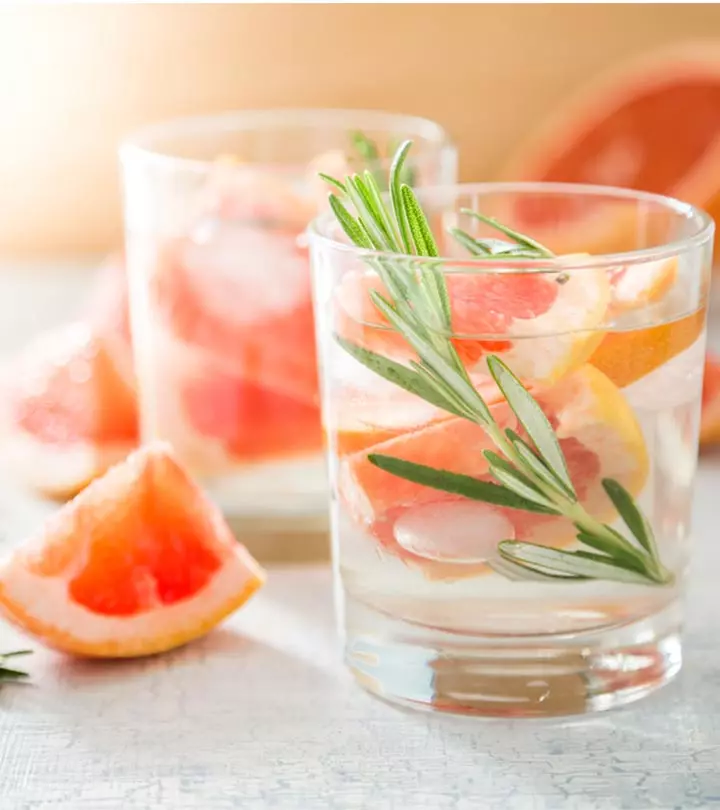
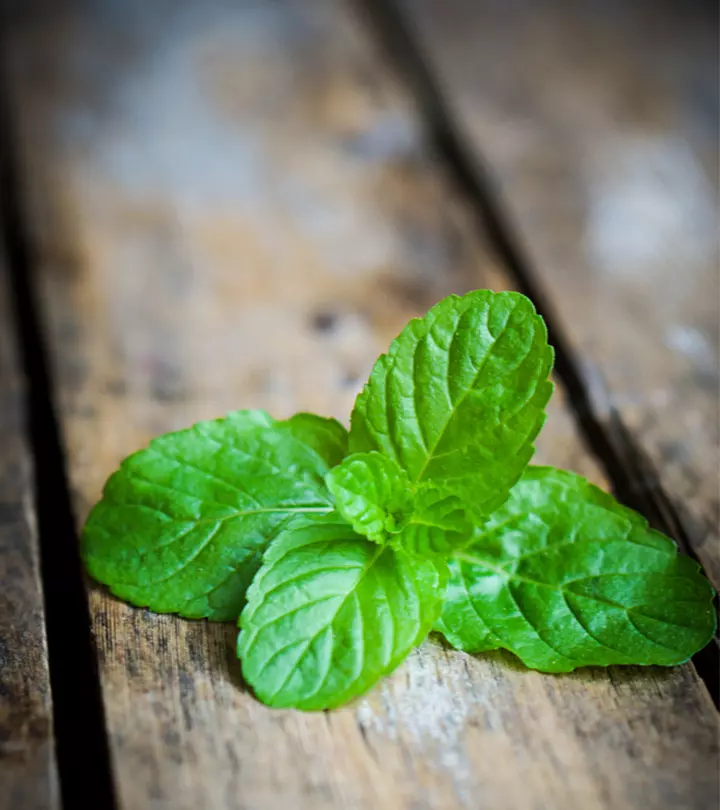
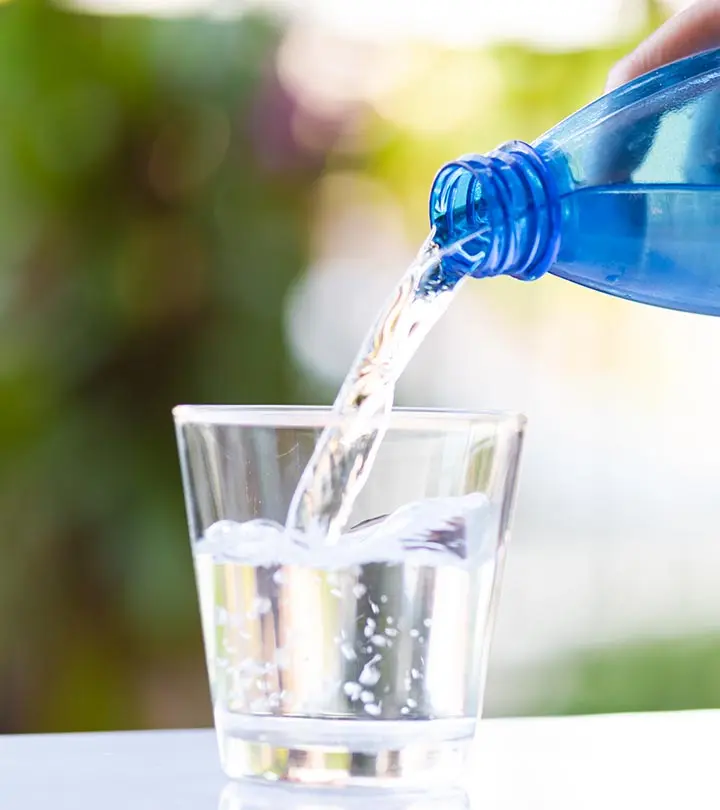
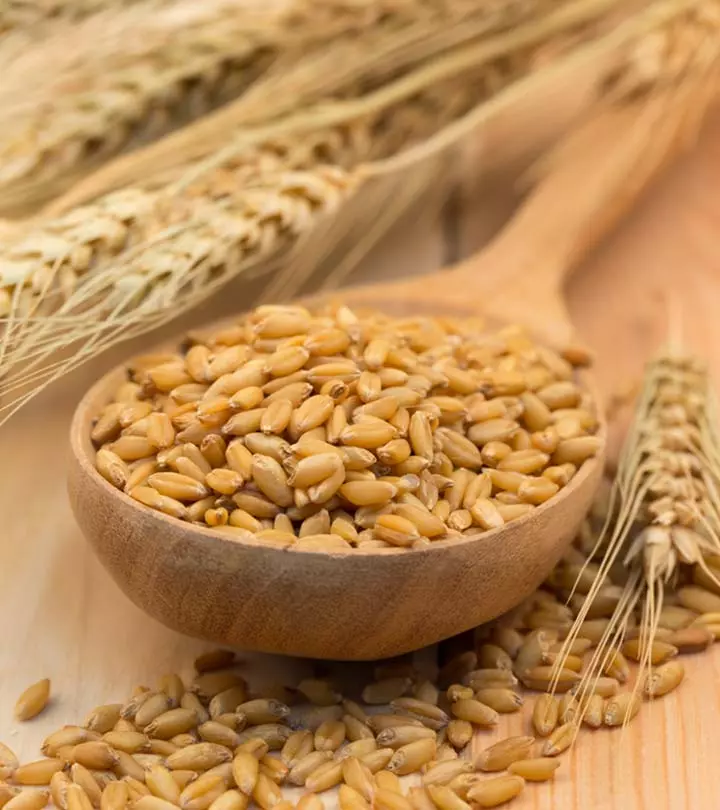
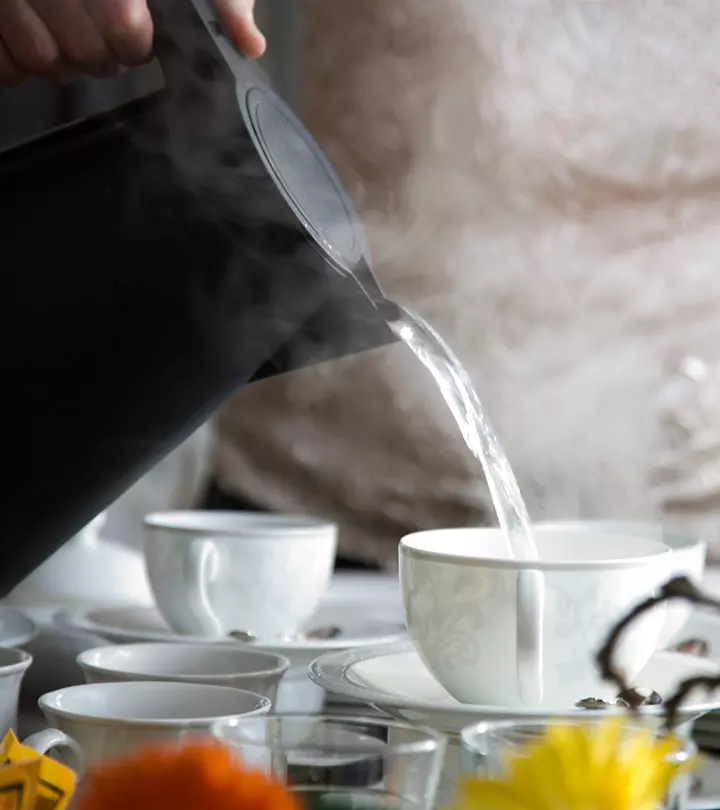
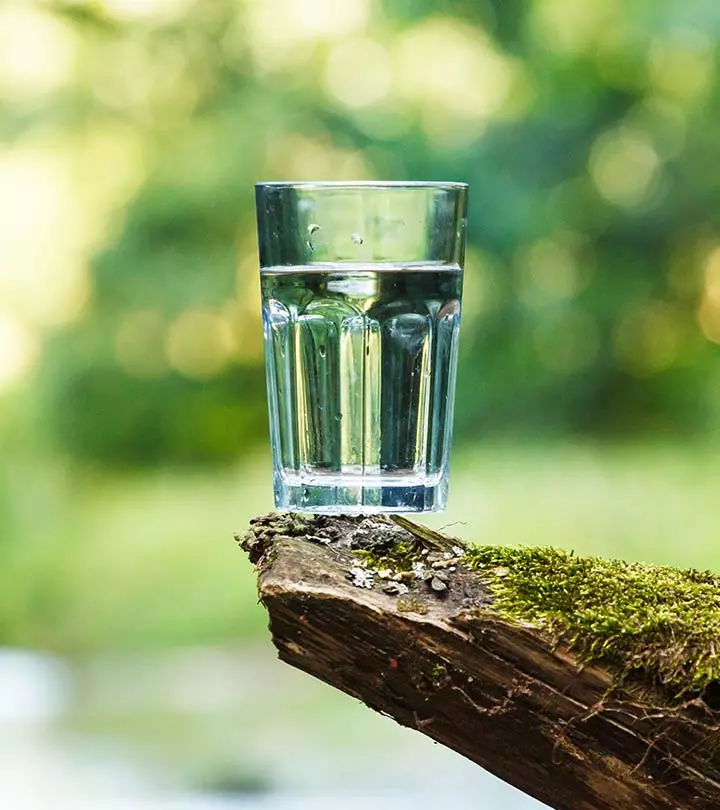
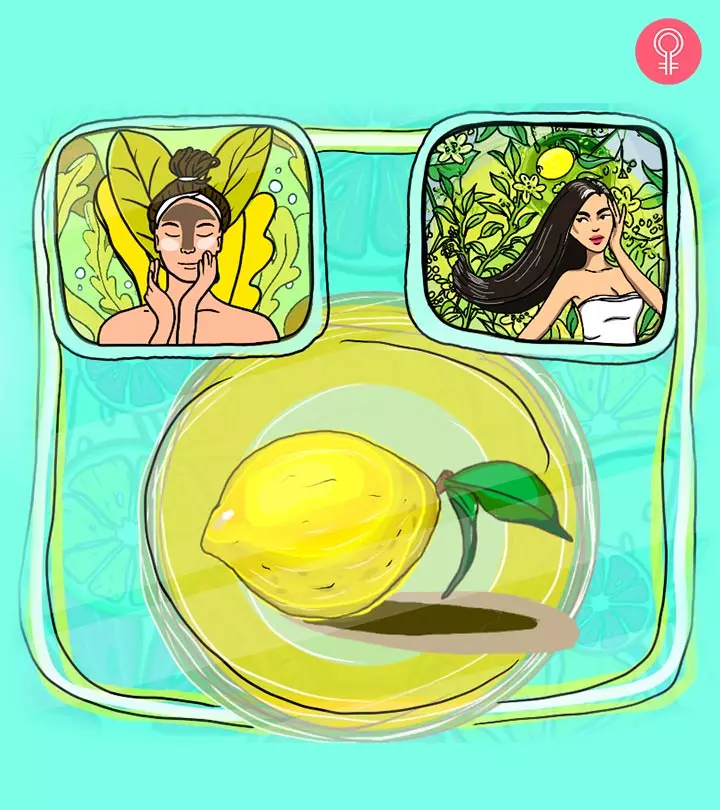
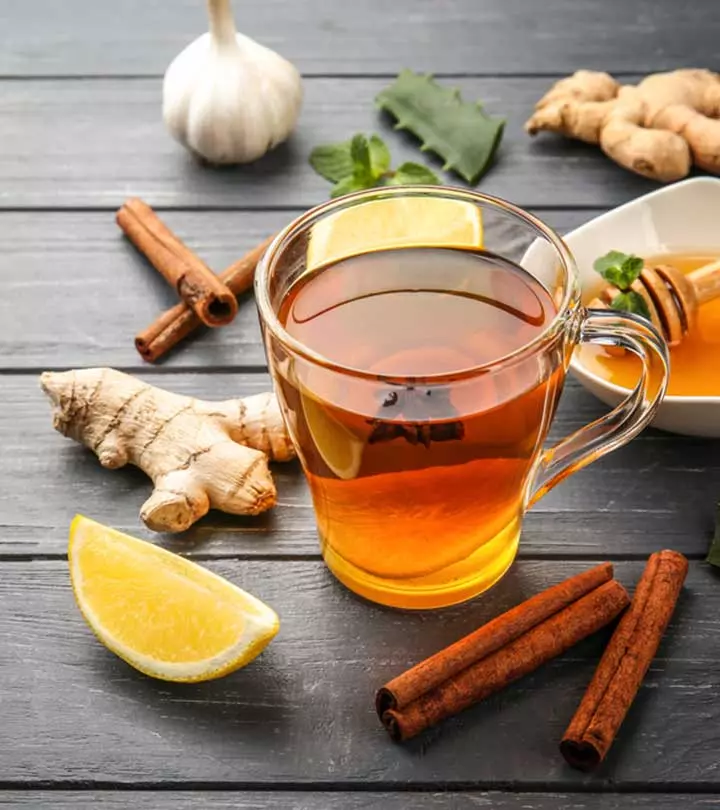
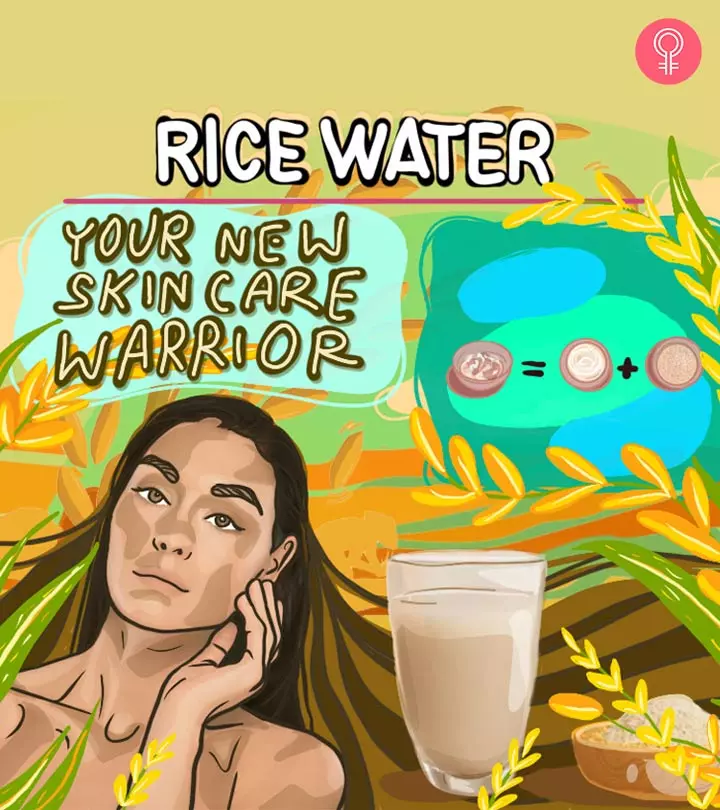
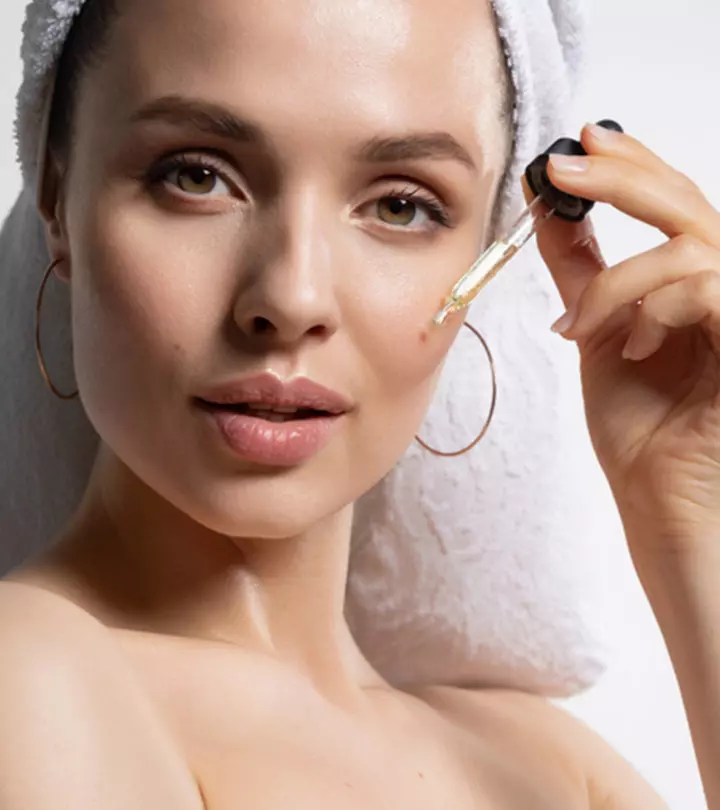
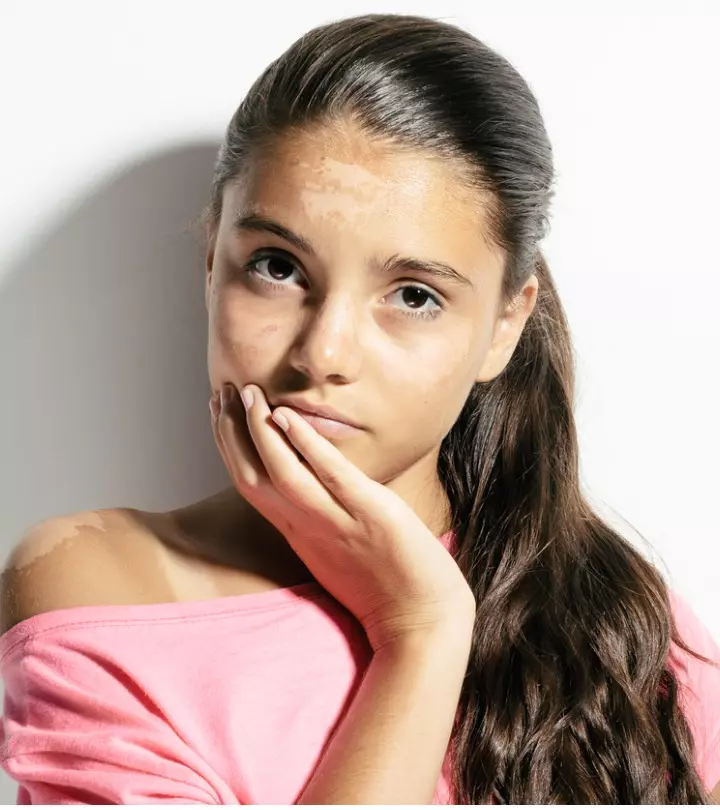
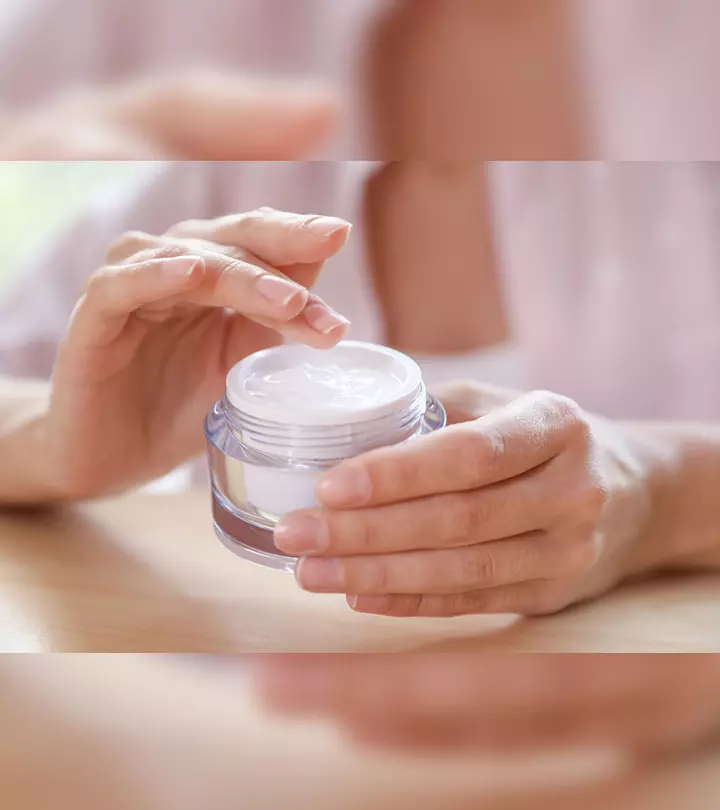
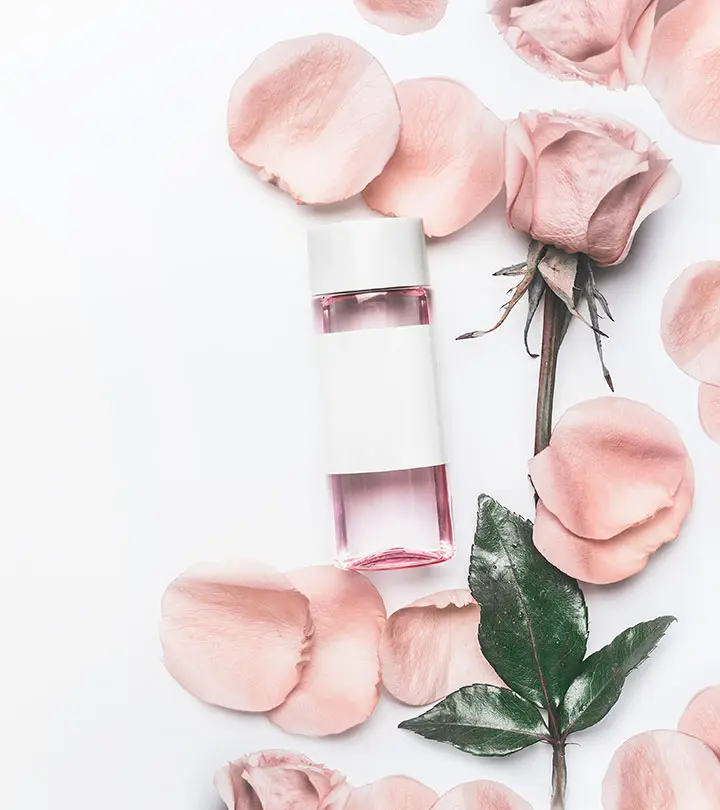
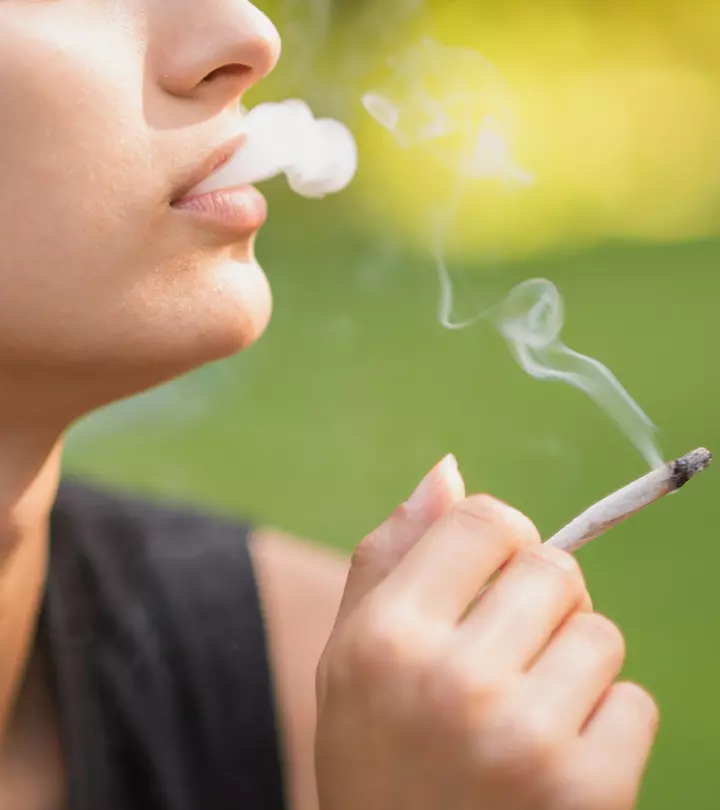
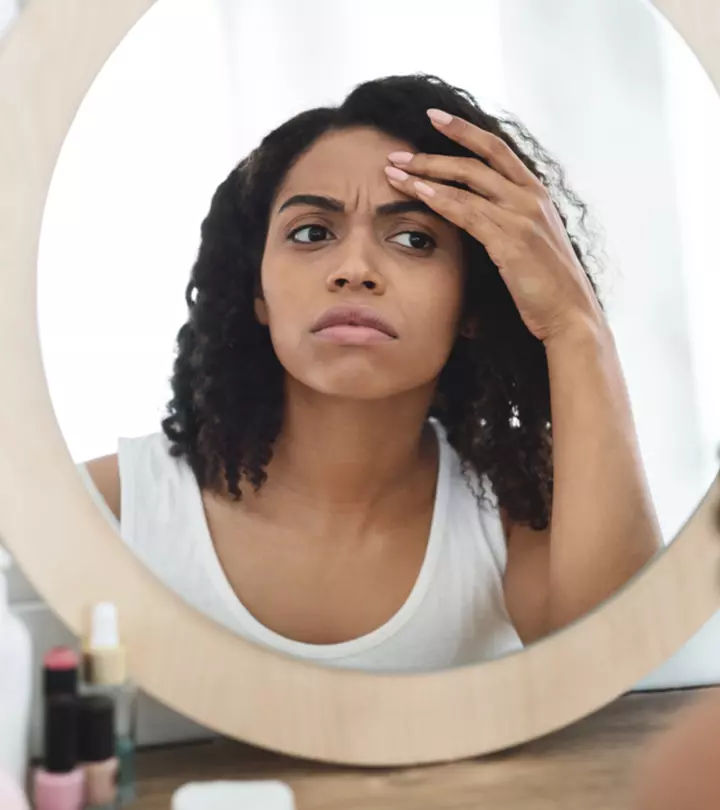

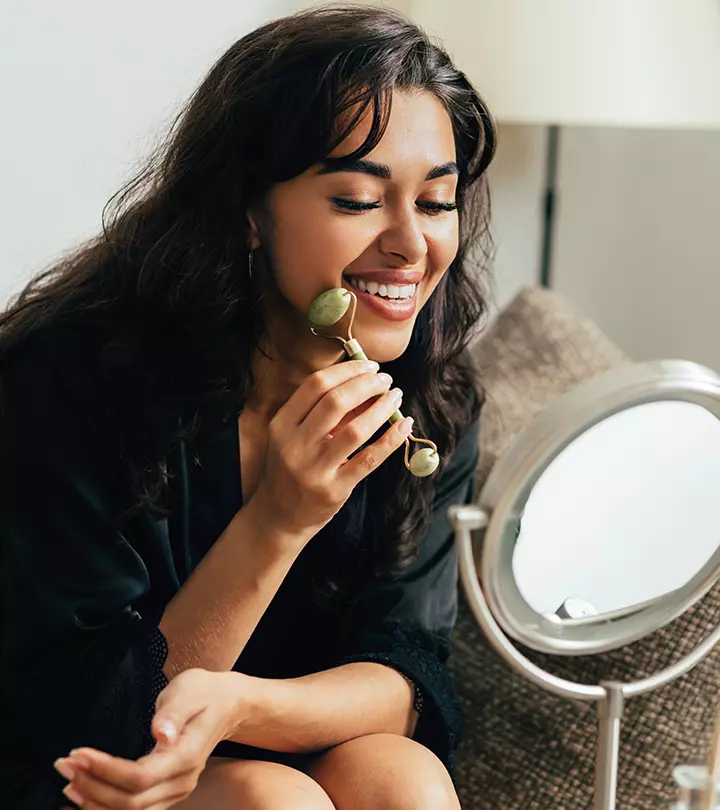
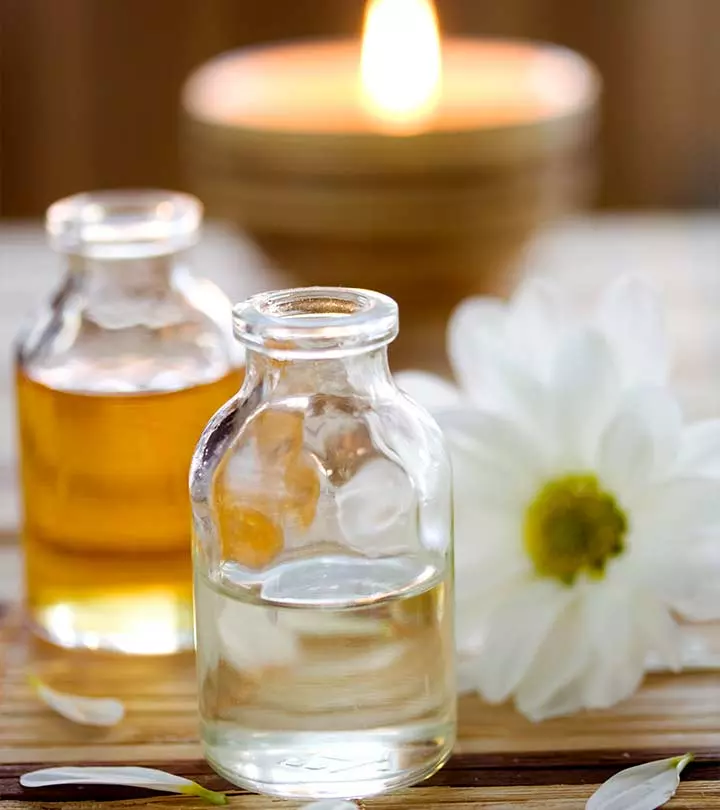
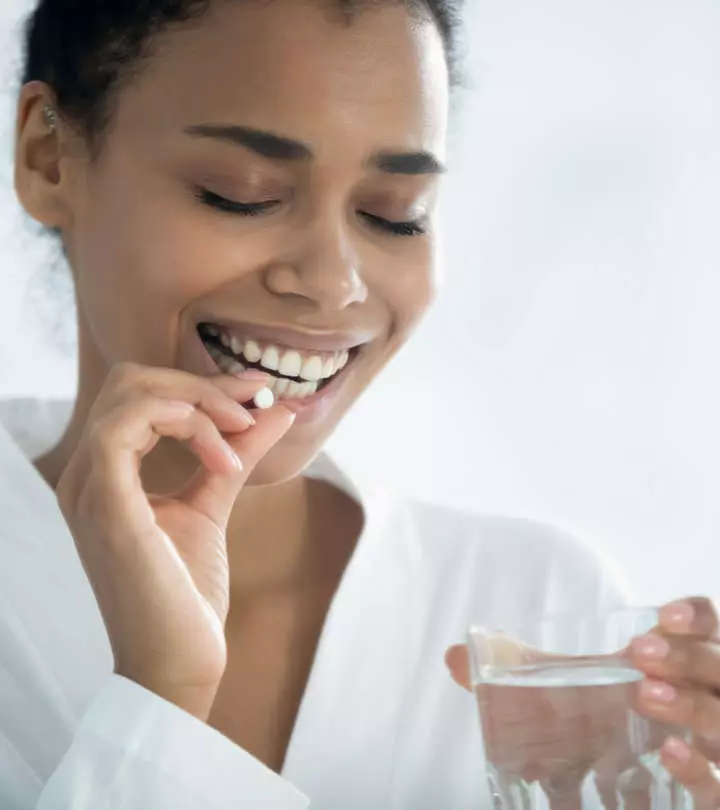
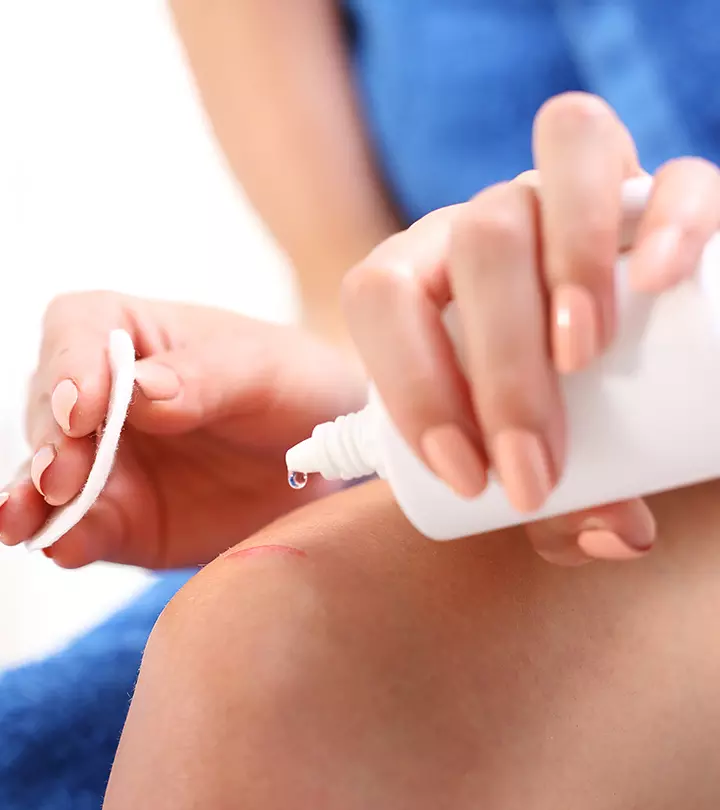

Community Experiences
Join the conversation and become a part of our empowering community! Share your stories, experiences, and insights to connect with other beauty, lifestyle, and health enthusiasts.